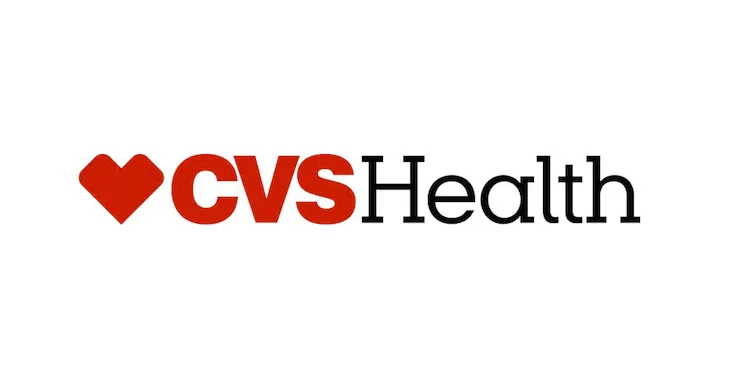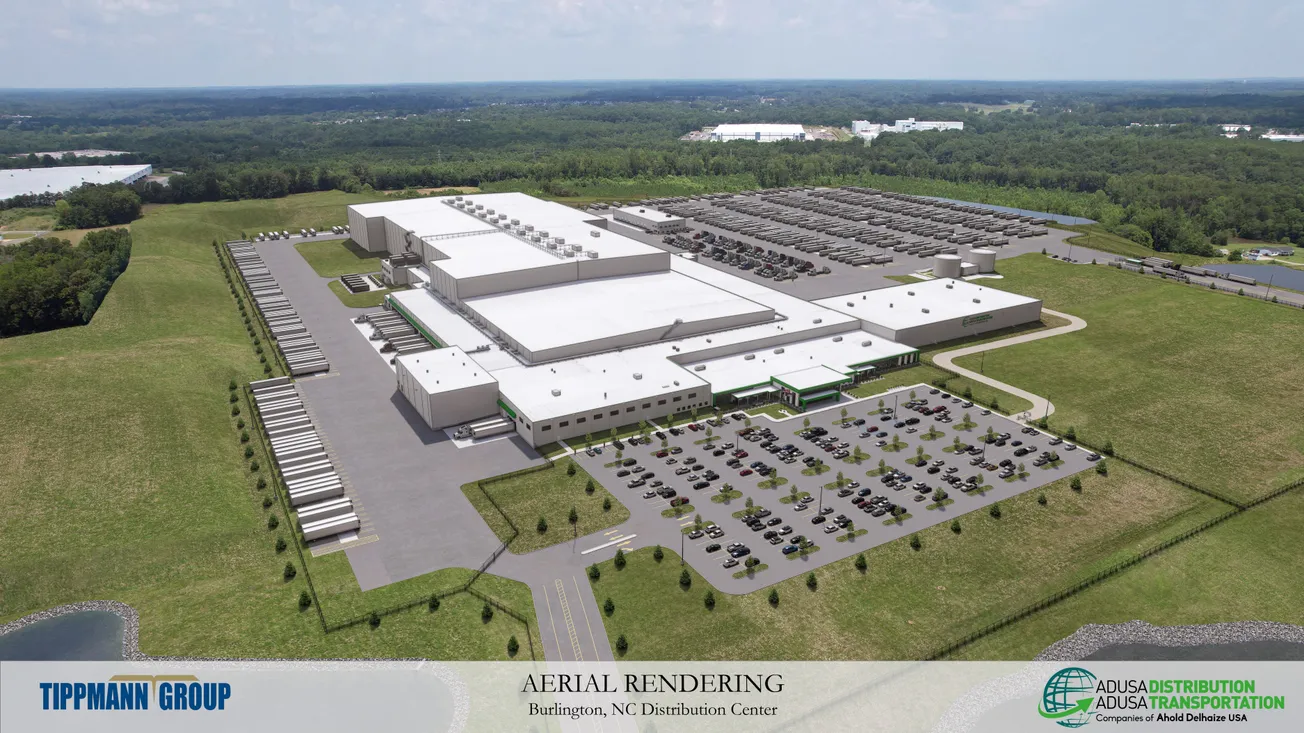
WOONSOCKET, R.I. — CVS Health today announced it has invested $19.2 million through Boston Financial to build 85 new affordable housing units in Arvada, Colorado. Made possible through the company’s collaboration with Family Tree and BlueLine Development, the investment demonstrates CVS Health’s commitment to improving the health of individuals across the country, which begins with providing access to quality, safe, affordable housing, especially in historically underserved communities.
“A critical component to improving an individual’s health and well-being is access to quality, safe, affordable housing,” said Frank J. Benedetto, Regional Director, Sales and Account Management at Aetna, a CVS Health company. “Through the development of Marshall Street Landing, unhoused residents will have supportive housing, that provides access to the important resources they need to maintain stability, create positive changes, and ultimately lead healthier lives.”
Construction of the development, known as Marshall Street Landing, is currently underway and will provide a permanent supportive housing community for families and individuals experiencing homelessness. All participants will receive project-based vouchers and have access to robust supportive services dedicated to educating and assisting residents with ending the cycle of homelessness and helping them to remain in stabilized housing.
The Jefferson Center for Mental Health will offer mental health and substance use counseling, while Family Tree will provide trauma-informed case management, advocacy, information and referrals, crisis assistance and on-site life-skills educational programming.
“Marshall Street Landing is a testament to what we can achieve when we come together with a shared vision of compassion and inclusivity,” said Dontae Latson, CEO of Family Tree. “Permanent supportive housing is not merely a place to live; it is a foundation for life. It offers individuals and families who have faced homelessness or disabling conditions not just shelter, but a community and a sense of belonging.”
Following its completion in Summer 2025, each unit at Marshall Street Landing will be fully furnished and feature a range, refrigerator, air conditioning, luxury vinyl floor, window coverings, and carpeting. Additional property amenities will include a community kitchen, common and laundry rooms, on-site management, a picnic area, playground, community garden, parking, 24-hour front desk coverage, and controlled access to the property.
CVS Health’s investment in Marshall Street Landing is a local demonstration of the company’s longstanding commitment to advancing health equity by addressing housing insecurities in communities across the country. In the past five years, CVS Health has made investments nationally to create or preserve and renovate more than 22,600 affordable rental units, including 14,300 for families and 5,800 for seniors. In addition, these investments have helped create nearly 2,500 permanent supportive housing units for veterans, LGBTQ+ individuals in need of support, those experiencing homelessness, single-parent households, victims of domestic violence, youth aging out of foster care, those with physical, intellectual, and/or developmental disabilities, those in need of mental health or substance abuse support, Second Chance participants, victims of human trafficking, and other groups that may be facing challenges in their lives.
To date, CVS Health has invested over $43 million to create, preserve and renovate over 2,100 affordable and supportive housing units throughout Colorado. Through the company’s investments and collaborations with vision-aligned developers and service providers, CVS Health has been able to provide quality housing and increased access to health care services based on the unique needs of the regional population.








